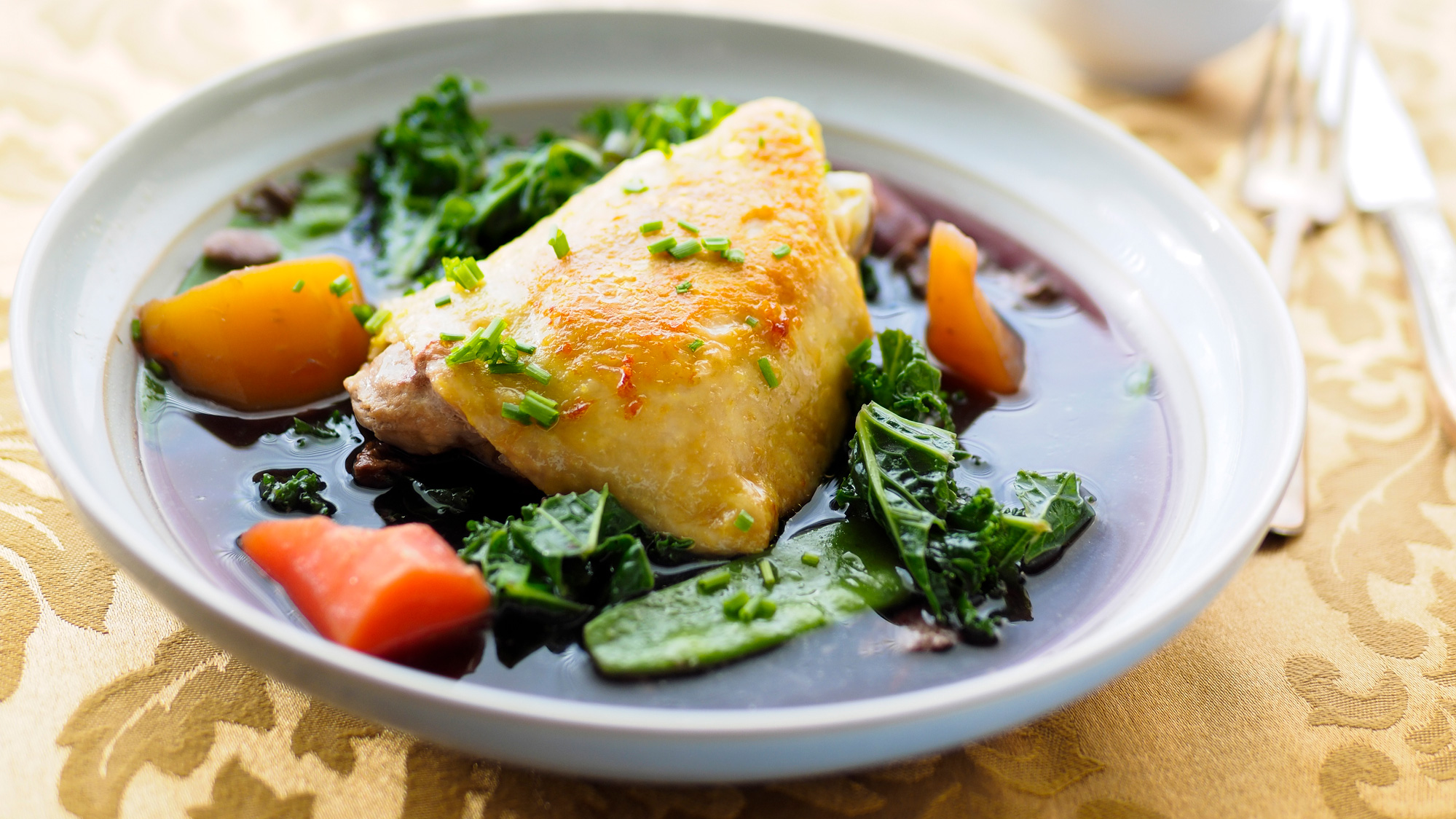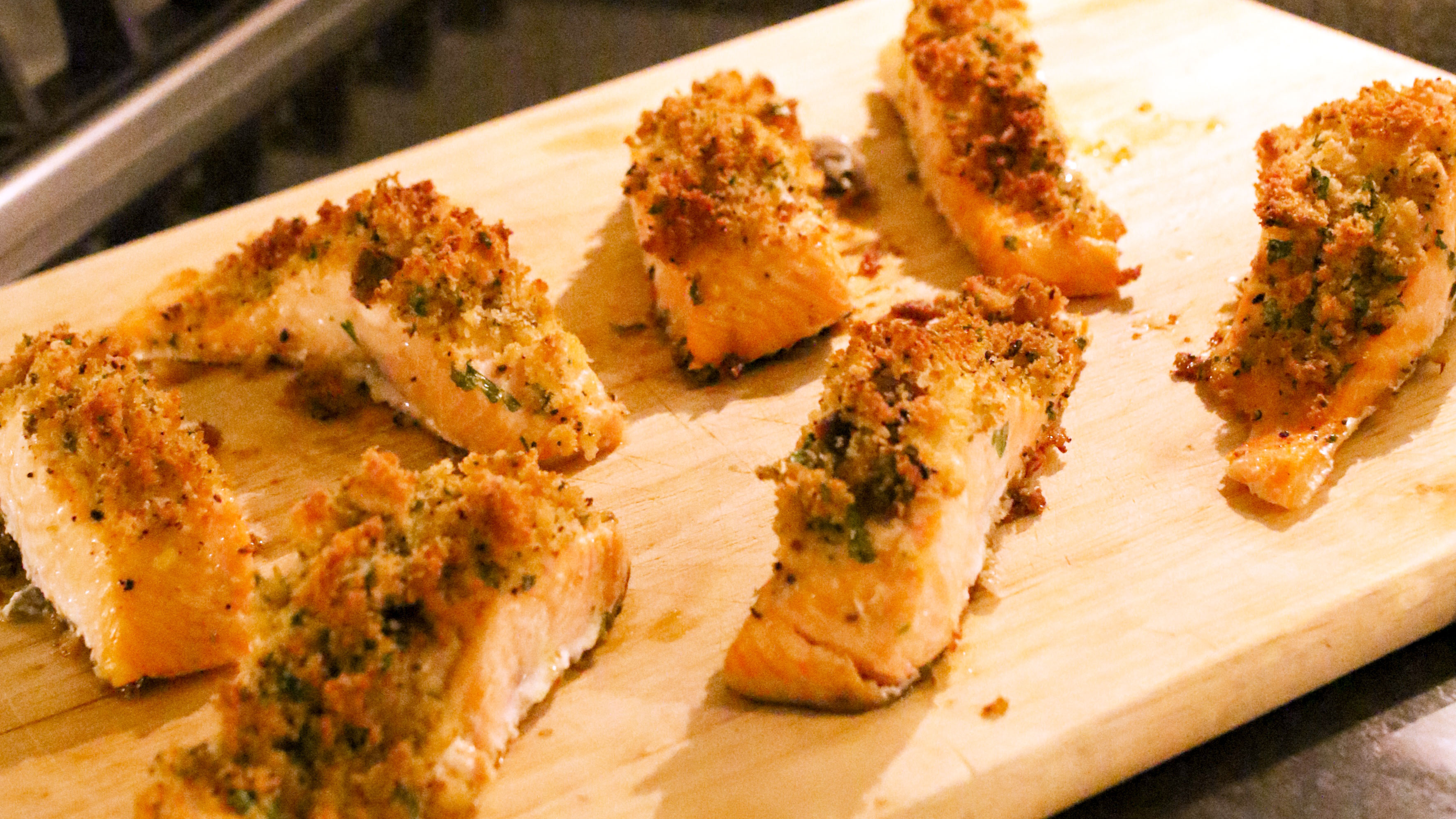This is the healthiest way to cook chicken, according to science
Grilling? Roasting? Poaching? Chicken and other meats are way healthier poached than grilled – here's why


Start your week with achievable workout ideas, health tips and wellbeing advice in your inbox.
You are now subscribed
Your newsletter sign-up was successful
Chicken is often considered a staple of a healthy diet. With a high protein and low fat content, it's touted as a great way to get protein into your daily diet, so much so that it's become a staple answer whenever Hollywood actors get asked how they put on muscle for their latest superhero project.
Whether cooking it on the best air fryer or best grill, chicken is a cheap, easily accessible source of meat. So it doesn't really matter how it's cooked, right?
According to research published in the Journal of the American Diet Association, roasting or grilling chicken, especially with the skin on, could be worse for you than previously thought. The research found "dry" heat, such as that of a fan-assisted oven or grill, could create compounds in animal products called advanced glycation end products, or AGEs.
These AGE compounds have been found in other studies to contribute to cardiovascular disease, oxidative stress ( a precursor to cancer) and obesity. These AGE compounds aren't particularly present in vegetables, grains and other low-fat foods, but they are created by exposing meat products to heat.

How to cook chicken to avoid AGEs
It turns out "moist heat", transferring heat via methods such as poaching and boiling rather than frying or roasting, doesn't create nearly as much of these compounds. A chicken breast with the skin on, roasted in the oven, contains almost eight times the amount of AGE compounds compared to the same chicken breast being poached.
Poaching, submerging the chicken breast in liquid simmering on low heat, also doesn't add additional calories and saturated fat to the chicken by coating it in lots of oil, butter or other fats before placing it in the oven. Poaching also allows for the chicken to stay moist, as the liquid transferring the heat also saturates the meat, causing it to swell.
Done right, and the end result is a moist, juicy chicken breast that's also incredibly healthy, with no added fats and significantly less cancer and cardiovascular disease-causing compounds.
Start your week with achievable workout ideas, health tips and wellbeing advice in your inbox.
Of course, other methods of cooking can help you avoid AGEs. If you're trying veganuary, you're likely to dodge quite a few of these compounds by simply eating meat alternatives. The American Diet Association study found lots of plant-based foods didn't create as many AGEs compounds when exposed to heat. Our best vegan cookbooks list are a great source for recipe ideas.
Matt Evans is an experienced health and fitness journalist and is currently Fitness and Wellbeing Editor at TechRadar, covering all things exercise and nutrition on Fit&Well's tech-focused sister site. Matt originally discovered exercise through martial arts: he holds a black belt in Karate and remains a keen runner, gym-goer, and infrequent yogi. His top fitness tip? Stretch.
